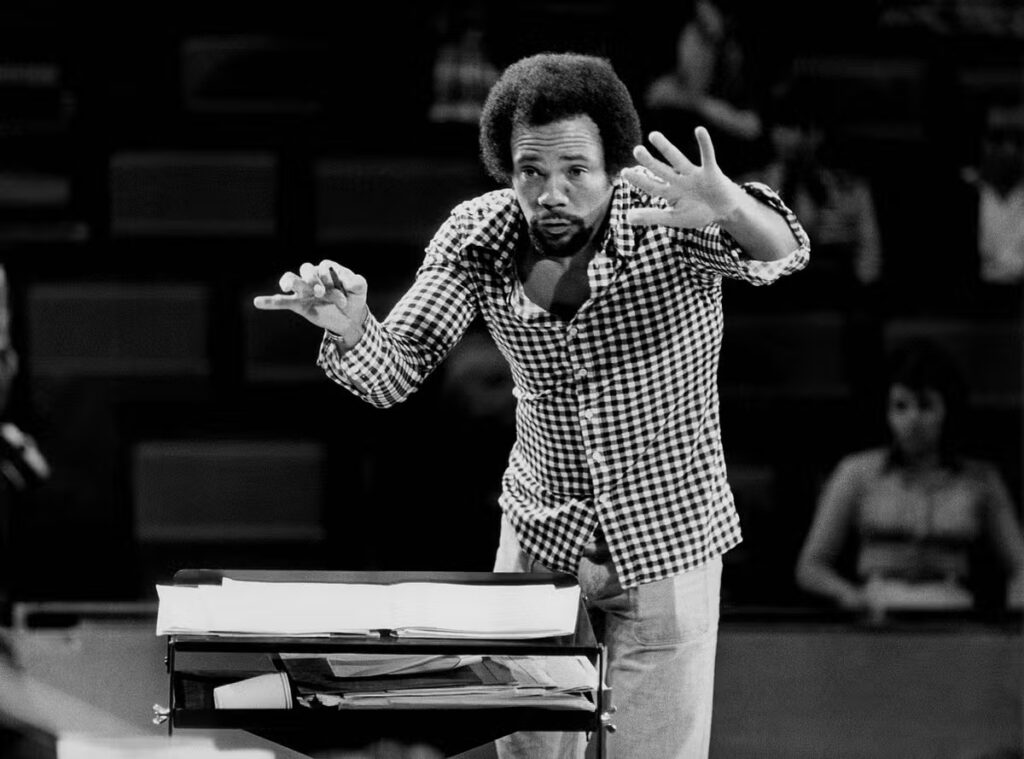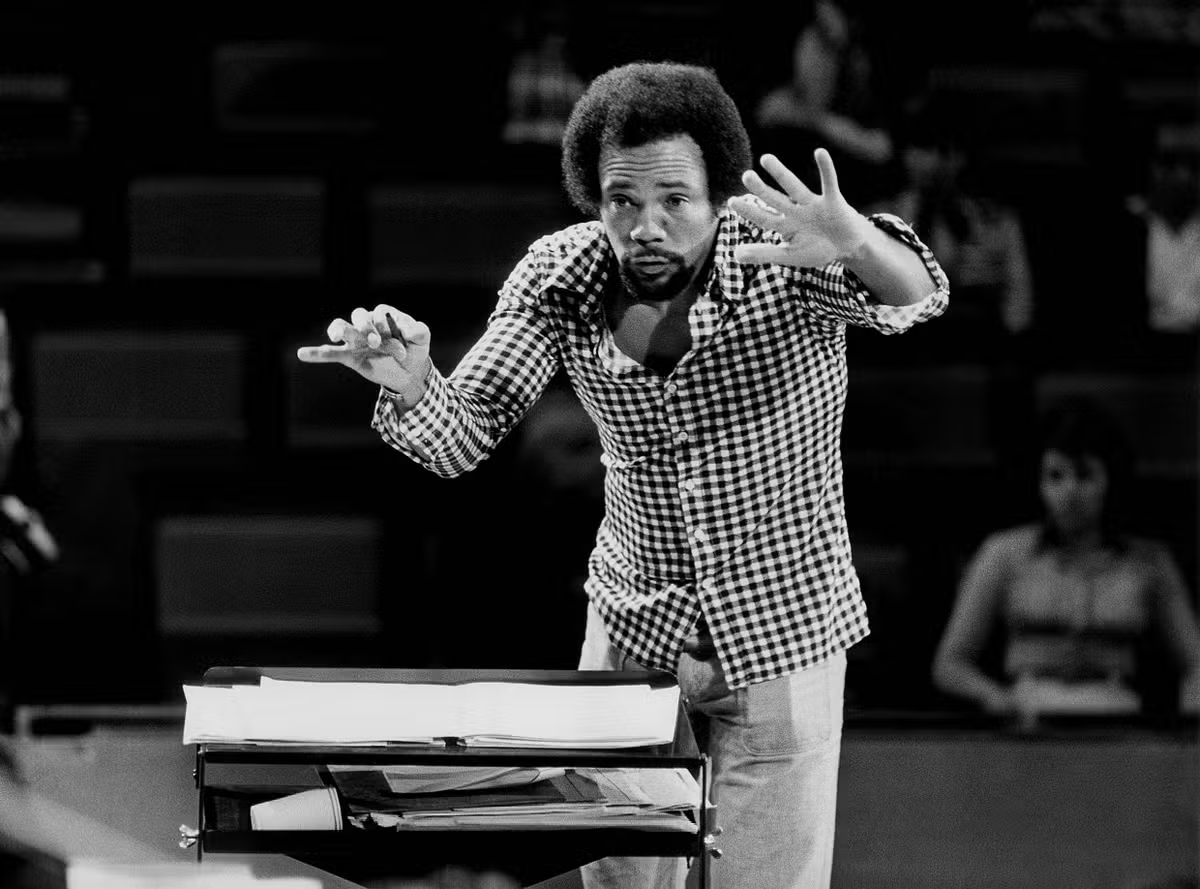he recent passing of music legend Quincy Jones at age 91 has sparked important conversations about representation in American music education. Despite his towering influence on American music – including 28 Grammy Awards and production of the world’s best-selling album “Thriller” – Jones remains notably absent from most music education curricula, highlighting persistent racial disparities in how we teach music history.
A Musical Giant’s Overlooked Legacy
Quincy Jones’ contributions to American music span nearly seven decades. As a composer, arranger, performer, and producer, he shaped the sound of modern music, working with artists ranging from Count Basie and Frank Sinatra to Michael Jackson and Diana Ross. His versatility and innovation helped bridge jazz, pop, funk, and early hip-hop, making him one of the most significant musical figures of the 20th century.
The Troubling Gap in Music Education
Recent research has uncovered a startling disparity in music education. An analysis of seven major undergraduate music theory textbooks revealed that out of nearly 3,000 musical examples, only 49 were from non-white composers. This statistic reflects a broader pattern of exclusion in music education that traces back to America’s history of racial segregation.
Beyond the Numbers: Understanding the Impact
The absence of Black musicians like Quincy Jones from standard music curricula has far-reaching consequences:
- Students miss out on learning about crucial developments in American music history
- The full spectrum of musical innovation and creativity remains unexplored
- Young musicians of color lack representation in their educational materials
- The rich cultural contributions of Black musicians are undervalued
The Path Forward: Reimagining Music Education
Music educators and scholars are increasingly calling for comprehensive reform in how we teach music history. This includes:
- Diversifying musical examples in textbooks and curricula
- Highlighting the contributions of Black musicians throughout American history
- Examining how historical segregation continues to influence music education
- Creating more inclusive teaching materials that reflect America’s musical diversity
Why This Matters Now
As we remember Quincy Jones’ remarkable career, we must also recognize the opportunity to transform music education. His legacy encompasses not just his musical achievements but also the broader story of Black excellence in American music – a story that deserves to be told in every music classroom.
Looking Ahead
The conversation about representation in music education is part of a larger dialogue about equity and inclusion in American education. By acknowledging these gaps and working to address them, we can create a more comprehensive and truthful musical education that honors all contributors to America’s rich musical heritage.











